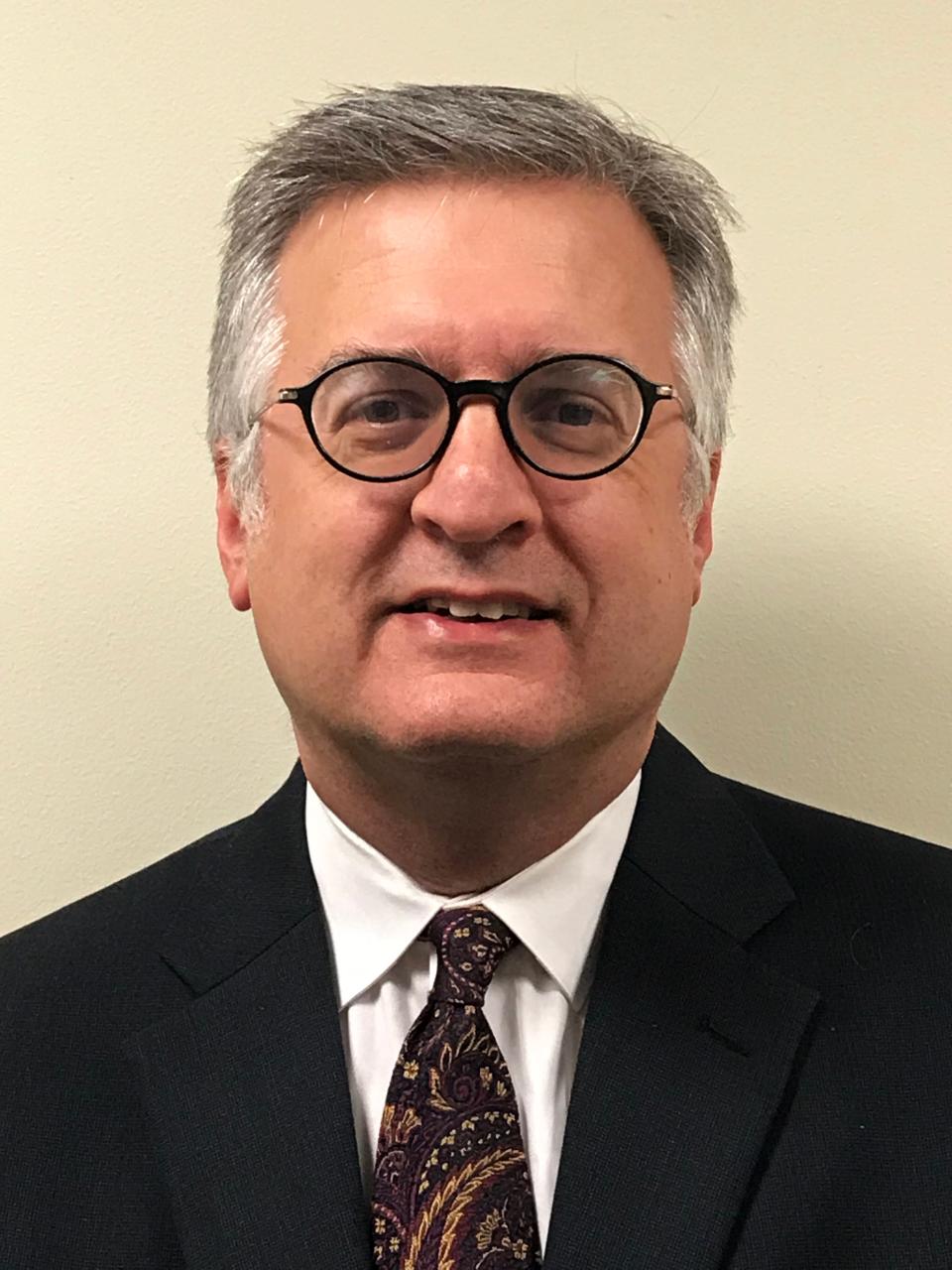Rosh Hashanah and Yom Kippur offered Jews opportunity for renewal and restoration
Wouldn’t it be fantastic if we could take all our regrets in life and throw them out with the trash? Better yet, what if we could reassign them, so that they are no longer ours? Why not indulge tonight without suffering the consequences tomorrow?
The Jewish world recently observed Rosh Hashanah, the Jewish New Year, and a week later, Jews observed Yom Kippur, the Day of Atonement.
One of the most accepted practices on Rosh Hashanah, and sometimes on the days following Rosh Hashanah leading to Yom Kippur, is the custom of Tashlich. The etymology of the word, which literally means “cast off,” is based on a verse in the book of Micah, “You will cast off (tashlich) your sins to the depths of the sea.”
So, this year, on the afternoon of the second day of Rosh Hashanah, which fell on September 17, after a long morning in the synagogue followed by an elaborate festive meal, many Jews strolled to the closest lake, pond or body of water. When they arrived, they recited the words from Micah. Many symbolically shaking out the contents of their pockets over the water.
The history of ‘shaking off’ one’s sins is hundreds of years old
In Judaism, a 600-year old custom such as Tashlich is considered new. It was first sourced by Maharil (Rabbi Yaakov Moeling) in 15th century Germany. Why was this relatively late practice largely accepted across the spectrum of Judaism, spreading from Ashkenazi communities via the Lurianic Kabbalists to Sephardic communities the world over?

Tashlich’s acceptance is easy to understand. Here is an opportunity to strip away our iniquities simply by shaking out our indulgences directly into the sea. Rather than blaming ourselves or even someone else, the depths of the waters will wash our sins away, or, as we say repeatedly in the High Holiday liturgy, “whiten them as the snow.”
Rabbi Elijah of Vilna, the famous Vilna Gaon, was among the few who refrained from accepting the Tashlich practice. Yet, he never explained his reticence. We can only conjecture that his concern lay in questioning whether people’s morality could be restored by simply uttering a few words and symbolically shaking out their clothing.
A moral code requires moral behavior.
Visceral reminders help people to reflect on the importance of the holidays
In truth, the custom of Tashlich, like Rosh Hashanah itself, is an opportunity to enable a new beginning. However, this new beginning is two-pronged. First, we have to throw away our old behaviors, and then we have to make a commitment to embark on kinder and more meaningful behaviors, in short, better behaviors. Shaking away our sins on Rosh Hashanah afternoon is meaningless if it is simply a prelude to the beginning of a new cycle of inappropriate behavior.
My late father Rabbi Rafael Grossman, senior rabbi of the Baron Hirsch Congregation in Memphis, knew that people needed visceral reminders, both of the sins lining their pockets and of the opportunities to mend those pockets. Every year he would end Tashlich with song and dance, moving not just his body, but his heart and soul into a joyous new frame of mind. He knew that to start anew would require a new frame of mind.

I wish for all of us to follow my father’s example of leaving the old and joyously embracing the new, thereby committing to a restored, virtuous tomorrow. We then can make Tashlich and Rosh Hashanah, along with the entire coming year, meaningful.
Rabbi Dr. Shamai Grossman grew up in Memphis and is now associate professor of medicine and emergency medicine at Harvard Medical School, and vice chair for health care quality, Harvard Medical Faculty Physicians and Beth Israel Deaconess Medical Center, Boston.
This article originally appeared on Nashville Tennessean: Rosh Hashanah and Yom Kippur: An opportunity for renewal, restoration

